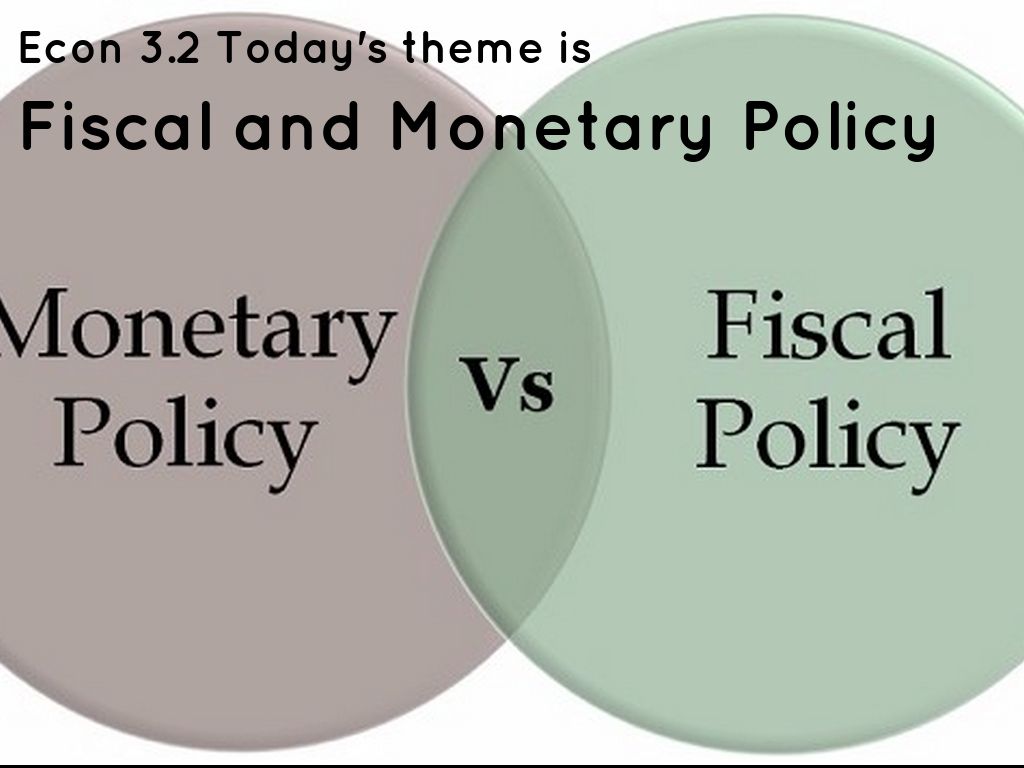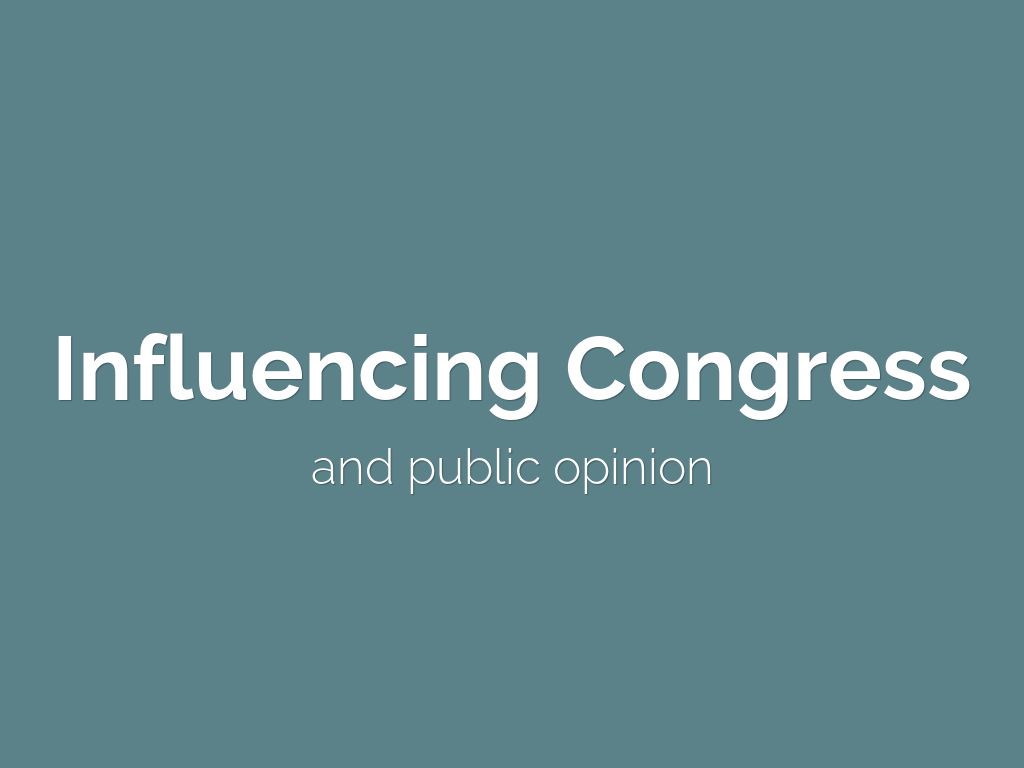Globalization & Protectionism
Published on May 08, 2016
No Description
MORE DECKS TO EXPLORE
PRESENTATION OUTLINE
Globalization & Protectionism
Econ 2.2, Unit 7, Today's theme is
Today's Terms
- globalization
- comparative advantage
- absolute advantage
- specialization
Globalization
vocabulary #1
the increasing economic integration and interdependence of national, regional, and local economies across the world
Pre-Globalization
what was the world like before it
Self-sufficient
Video Points to Note
- How is "gunpowder" and "MS Works" discussed
- What happen to manufacturing in the US from 1950 to 2014
- What has happen to educated and uneducated people during globalization
- Which natural resources are in danger
- What is the last problem stated about globalization
Can you think of some pros and cons of Globalization
Untitled Slide
Comparative Advantage
vocabulary #3
the ability of a country to produce goods and services at a lower opportunity cost than other countries
Untitled Slide
Absolute Advantage
vocabulary #4
The ability to produce something using fewer resources than other producers
Untitled Slide
Question # 1
Should a country produce everything it wants?
Why or Why not?
No, a country should produce items for which it has a comparative advantage and trade for other items. If they follow this rule they can obtain more without working any harder
Specialization
vocabulary #3
Specialization
is a method of production where a business, area or economy focuses on the production of a limited scope of products or services
Question # 2
If Country A is better than Country B at producing everything, would Country A gain anything by trading with Country B?
Yes, just because a country has an absolute advantage does not mean it should produce the item. A country should specialize in whatever it has a comparative advantage in.
Untitled Slide
Question #3
When a new home is built, why doesn't one contractor do everything: carpentry, electrical, plumbing and landscaping?
Because people specialize in what they are good at. For example, while the electrician may be able to do plumbing he has a comparative advantage in electrical work. Instead of trying to do plumbing he should do more electrical work and pay a plumber to do the plumbing. Both contractors are better off in this scenario
Question # 4
Brainstorm the "type" of goods and services in which the United States likely has a comparative advantage.
activities requiring more formal education
Photo by Will Folsom
Top US Exports in 2015
- Machines, engines, pumps: US$205.8 billion (13.7% of total exports)
- Electronic equipment: $169.8 billion (11.3%)
- Aircraft, spacecraft: $131.1 billion (8.7%)
- Vehicles: $127.1 billion (8.4%)
- Oil: $106.1 billion (7.1%)
- Medical, technical equipment: $83.4 billion (5.5%)
- Plastics: $60.3 billion (4%)
- Gems, precious metals, coins: $58.7 billion (3.9%)
- Pharmaceuticals: $47.3 billion (3.1%)
- Organic chemicals: $38.8 billion (2.6%)
Which "type" of goods and services would the US likely have a comparative disadvantage in producing
Low skill High labor
list some goods and services the United States likely has a comparative disadvantage in producing.
Describe a nation that would have a comparative advantage in these goods or services?
Barriers to Free Trade
(end of today's vocabulary)
Untitled Slide
Protectionism
vocabulary #1
government-imposed restraint(s) on the flow of international goods or services.
Tariff
vocabulary #2
Untitled Slide
tax imposed on imported goods and services.
Untitled Slide
Quota
vocabulary #3
trade restriction that limits the number, or in certain cases the value, of goods and services that can be imported or exported during a particular time period
Untitled Slide
Embargo
vocabulary #4
an official ban on trade or other commercial activity with a particular country
Untitled Slide
Untitled Slide
Untitled Slide
glob·al·ist
ˈɡlōbəlist/
noun
a person or organization advocating or practicing operations (such as trade) across national divisions.
Untitled Slide
Ed Snavely
 Haiku Deck Pro User
Haiku Deck Pro User









